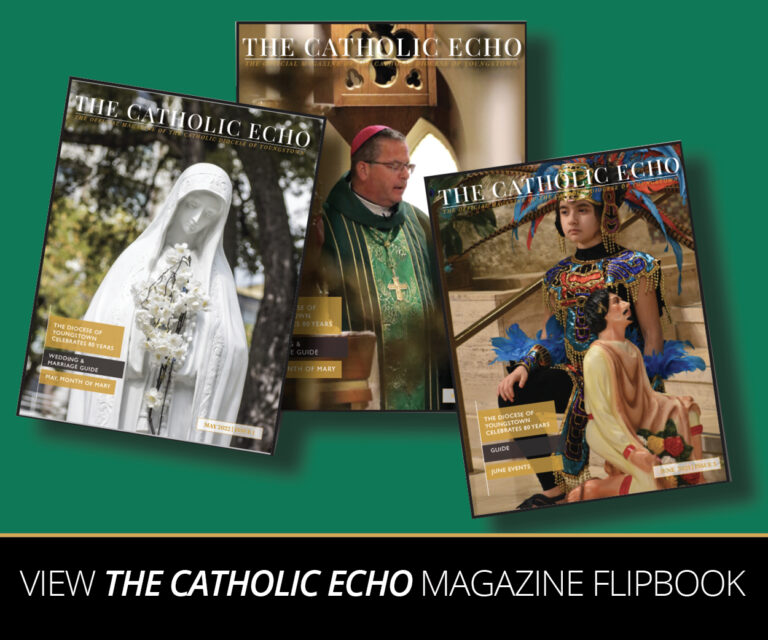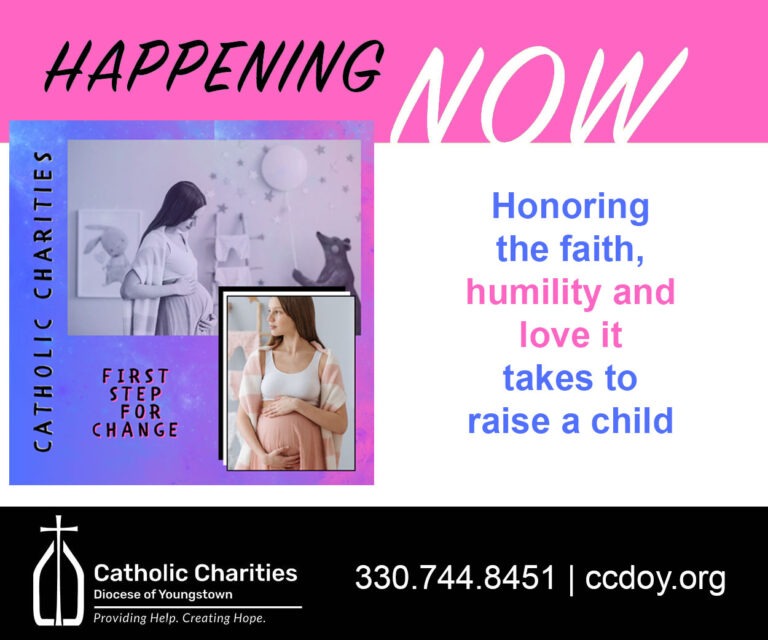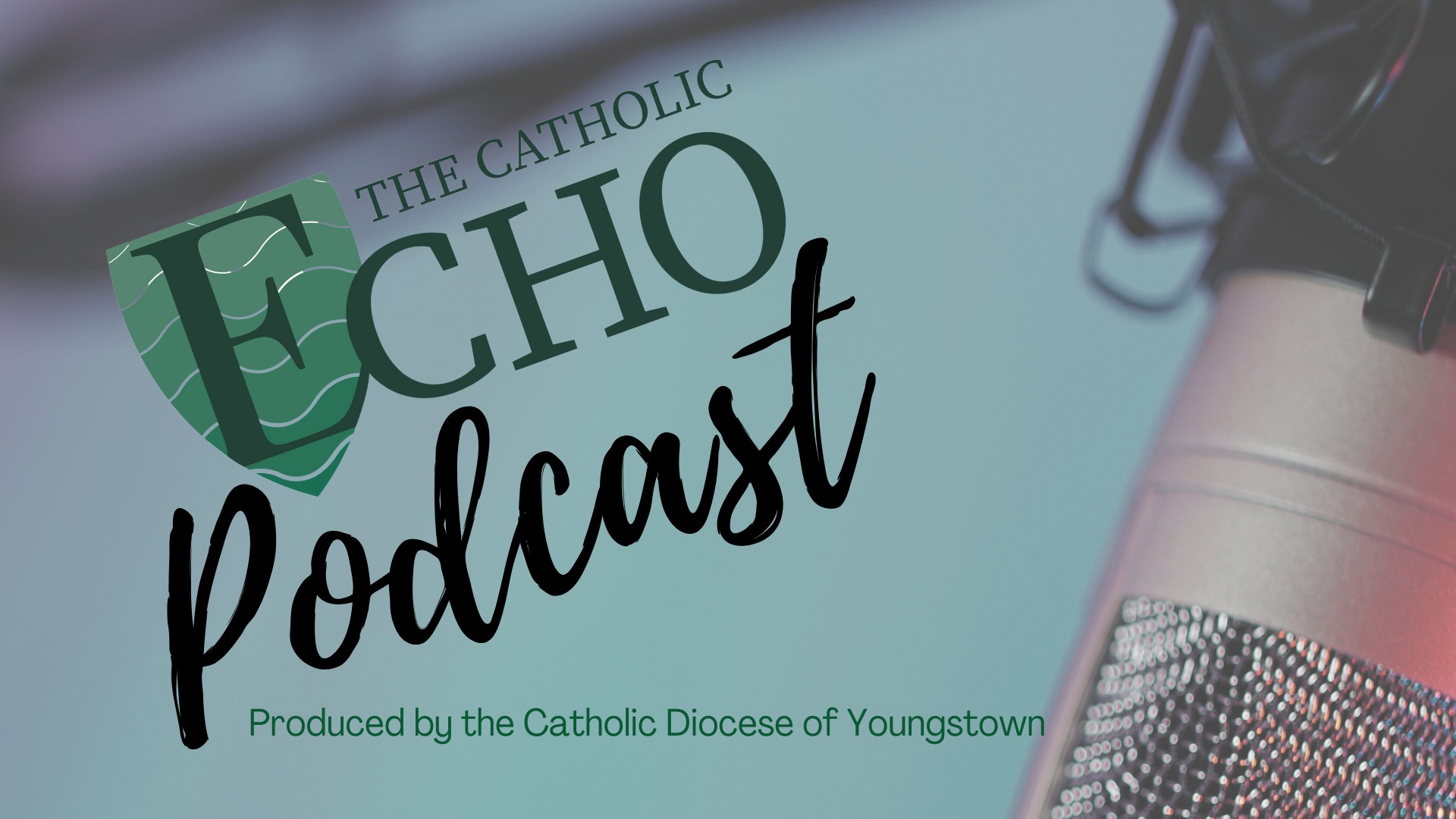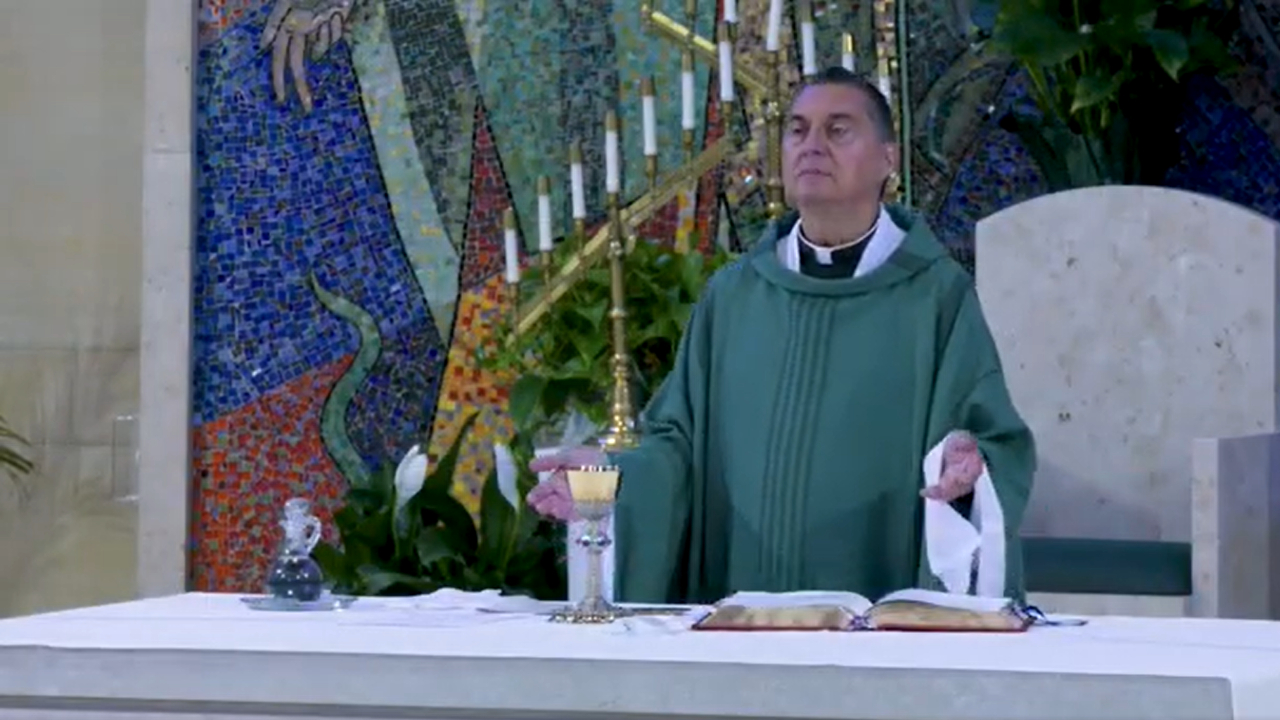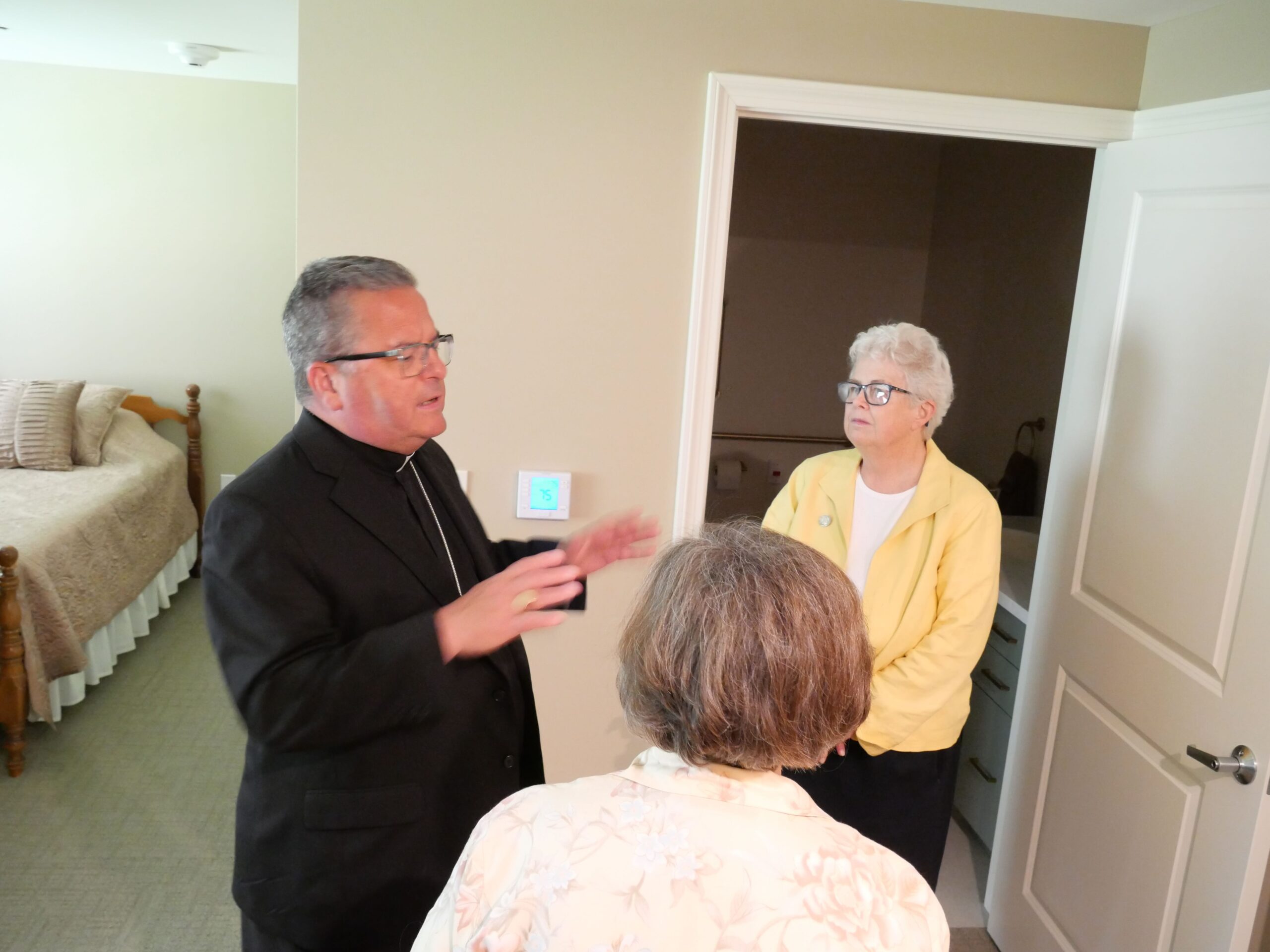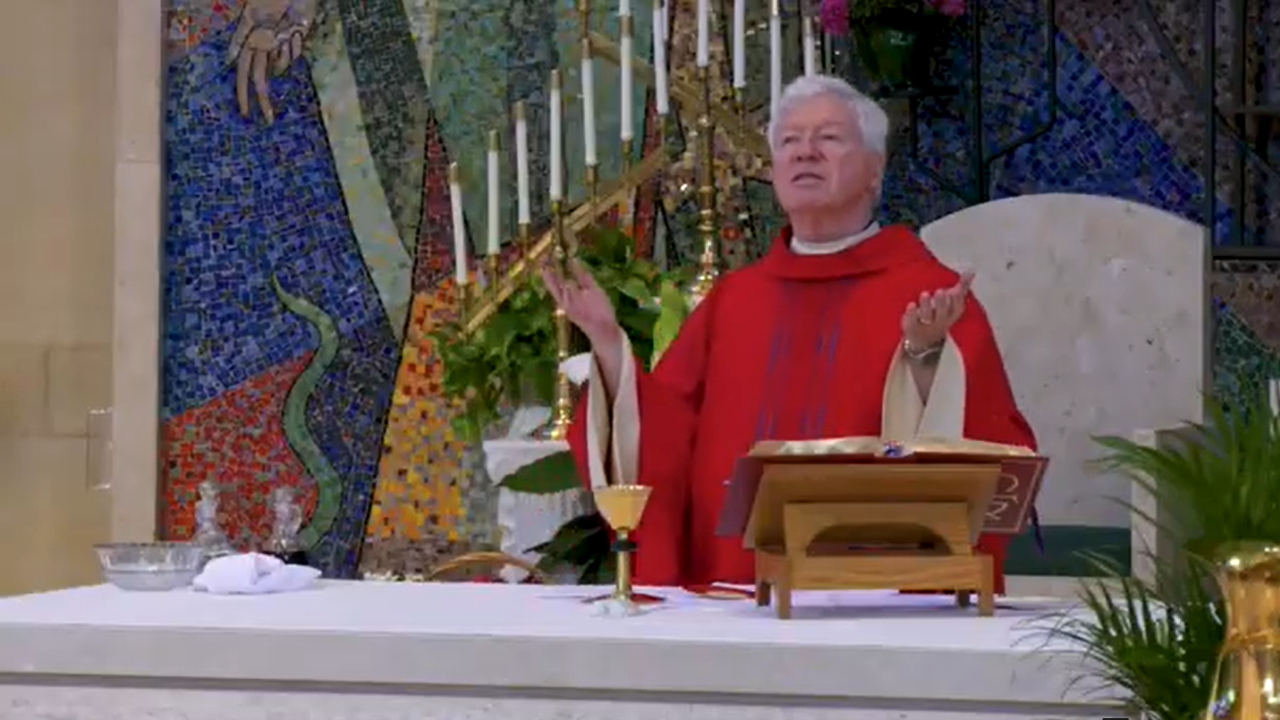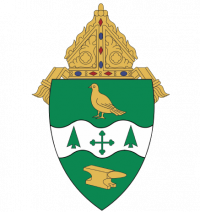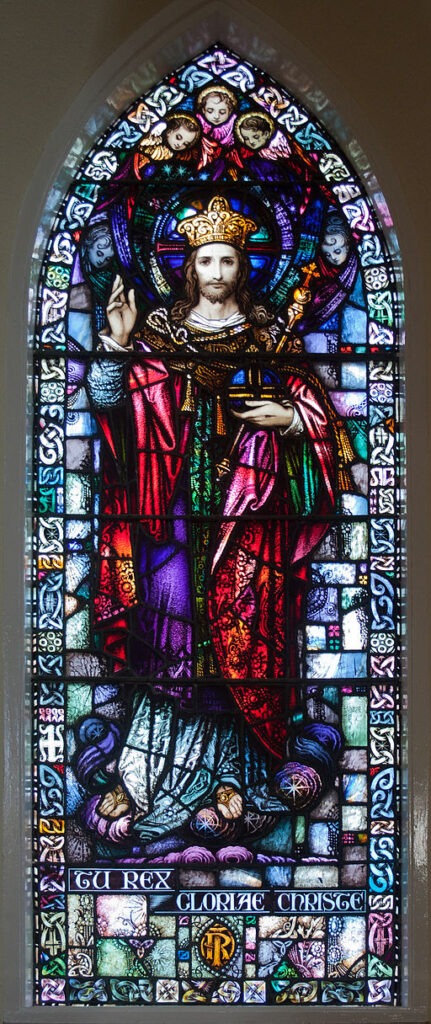
Since the first century A.D., Christians have acknowledged that Jesus is a king. However, it was only 99 years ago that the feast day of Christ the King was created and inserted into the annual church liturgy.
The origin of that feast day can be traced back to one person—Achille Ratti, who was born in 1857 near Milan and was ordained a priest at age 22. Father Ratti went on to serve as the director of the Ambrosian Library of Milan and the Vatican Library in Rome for 30 years and became very knowledgeable about various world leaders and their political ambitions. At almost 60 years old, Father Ratti was then sent to Poland to attempt to bring about unity between the Catholic Church and Russia. He became a Cardinal and served as the Archbishop of Milan.
In January 1922, following the death of Pope Benedict XV, 64-year-old Cardinal Achille Ratti was chosen to become the Pope, assuming the name Pius XI. His chosen motto was: “The peace of Christ in the reign of Christ.”
In an effort to promote peace in the aftermath of World War I, Pope Pius XI determined there would be a new Mass added to the Sunday liturgy—the Mass of Christ the King. The first Mass was first celebrated October 31, 1925.
Pilate asked Jesus, “Then you are a king?” Jesus answered, “You say I am a king. For this I was born and for this I came into the world, to testify to the truth” (John: 18:37).
That particular year was significant because of political uprisings on three major fronts. The first was led by Benito Mussolini, the fascist dictator in Rome who had become the 42-year-old Prime Minister of Italy and was promoting extreme nationalistic doctrines that were radically opposed to the Catholic Church. The second was 36-year-old Adolf Hitler’s rise to power, who soon would become the dictator of Germany and begin his reign of terror as head of the Nazi party. His third concern was 46-year-old Joseph Stalin, who was serving as secretary general of the Bolshevik Party and was about to assume the role of Premier of the Russian communists.
The politically astute Pope Pius XI recognized these developing dangers, and he quickly brought the weight of the Catholic Church against the three dictators.
He ordered the Mass of Christ the King to be established, proclaimed and preached all over the world. Later, he would write other encyclicals against the dictators and condemn their ruthlessness.
The tremendous emphasis placed upon the biblical teachings of Christ the King was the centerpiece of the Church’s resistance to the fascists, the Nazi party and the communists. Pope Pius XI told those dictators and those “petty kings” that there is only one king of the world—Jesus Christ.
This year on Sunday, November 24, we will gather again to celebrate the 99th anniversary Mass of Christ the King, and our religious liturgy will continue to profess that we believe in the sacred value of truth. With Jesus as our King, we will continue to hope and pray the Lord’s Prayer: “Thy kingdom come, thy will be done on earth as it is in heaven.”
Our earthly kingdoms are material and temporary, but the kingdom of God is spiritual and universal—founded on Truth and sustained by Love.
In one of our nation’s great patriotic hymns, My Country ‘Tis of Thee, the concluding verse states: “Long may our land be bright, with freedom’s holy light. Protect us by thy might, Great God our King.”
The dictators of the past have died, and our current political climate will also pass. So, at present and in the future, may we pledge allegiance to Our Lord Jesus Christ, King of the Universe.
Image attribution: Andreas F. Borchert, CC BY-SA 3.0 DE https://creativecommons.org/licenses/by-sa/3.0/de/deed.en, via Wikimedia Commons
